Kiran Best and Kamran Sachinwalla, UTS graduates of Visual Communication and Media Arts & Production are creators and founders of Lossless. They stand for quality without sacrifice, creating made to order, responsibly-sourced goods. They screen print everything themselves and hand-make rugs in their Sydney studio.
How are you utilising green practices in your business?
We don’t pre-print any stock! Everything is made once it’s ordered to minimise waste and to maximise the available blanks we can use for future designs. Early on, we found that outsourcing printing on garments almost always creates wasted stock due to ‘minimum orders’ that make the manufacturers time worthwhile.
All rugs are hand-tufted and operate on a pre-order basis, again to reduce waste and we only order yarn that we need. All of our garments are produced in a windmill-powered, Fair Trade Certified facility, which means that they are crafted and traded in ways that improve lives and protect the environment.
What inspired the creation of Lossless?
In a world of plain logo shirts and fast fashion, we grew frustrated with the options available and the huge amount of waste this industry generates.
So our reason for existing is twofold:
We want to be part of the growing movement of slow-fashion and help the industry move away from low-quality, throw-away garments.
Our outlet for creativity. There’s nothing better than seeing someone wearing our designs out in the world.
We love to see brands supporting slow fashion and carefully considered garments. Do you see the industry embracing slow fashion in the coming years?
We would love to enthusiastically say yes! But the truth is, we are not really sure. Based on what we’ve seen in the industry in recent years, the movement is definitely growing. Processes like upcycling, pre-order and made-to-order models are continually growing in popularity due to their low environmental impact and ethical practices. With more people who really care about how and where garments are made, the industry will have to shift and evolve to meet those demands.

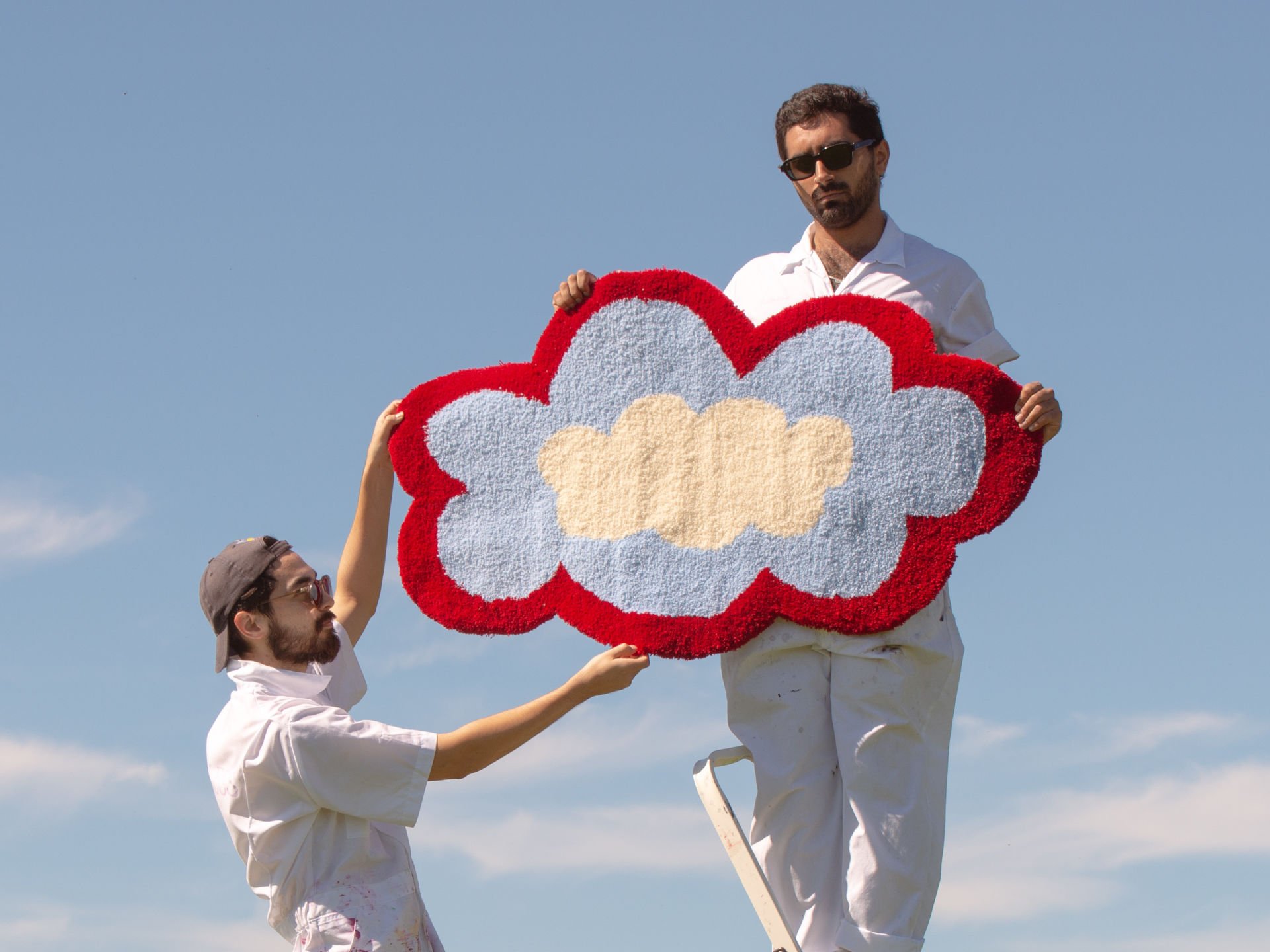
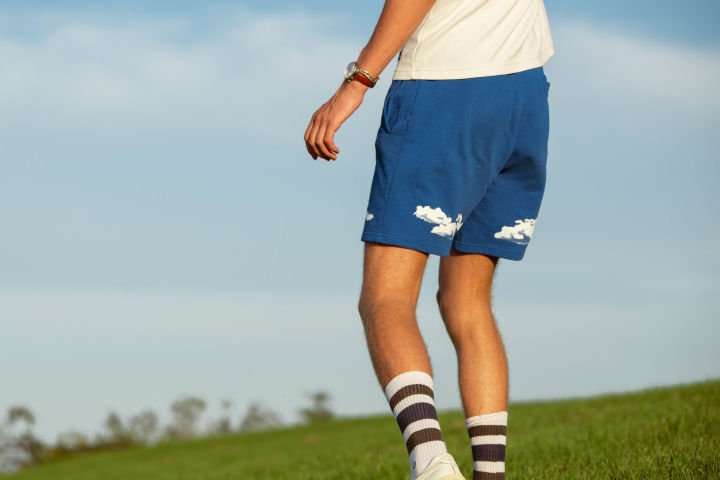
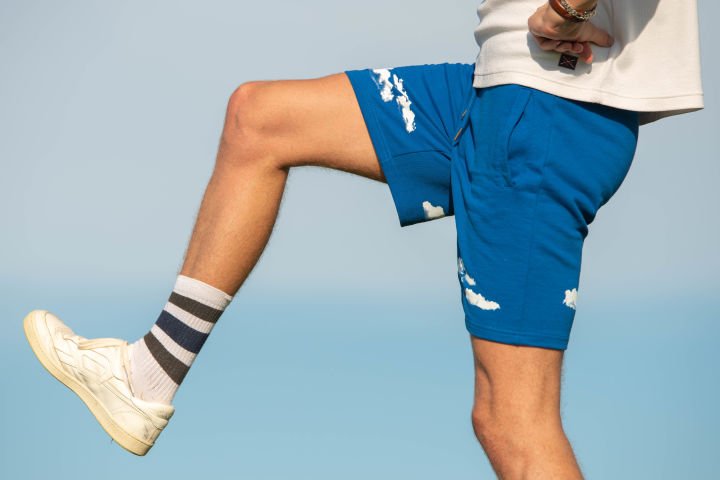
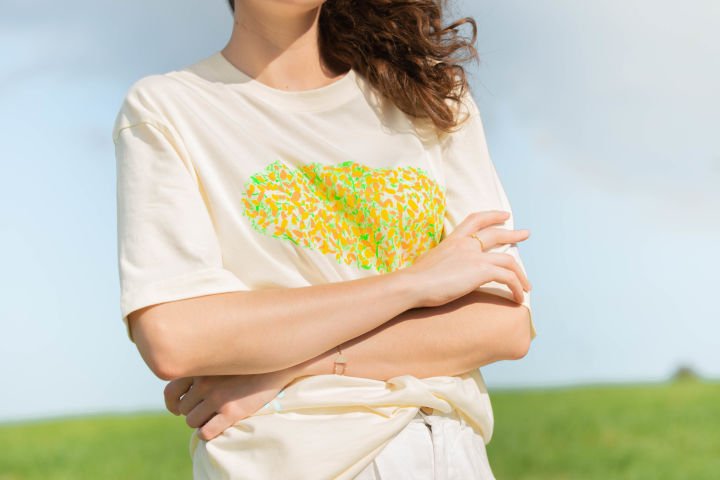
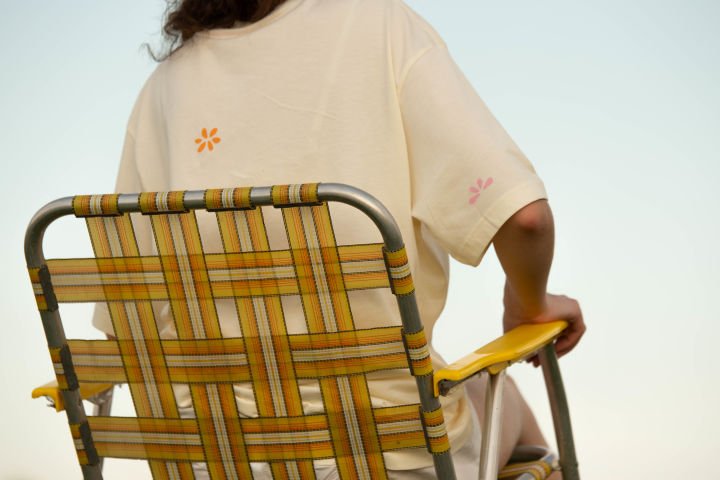

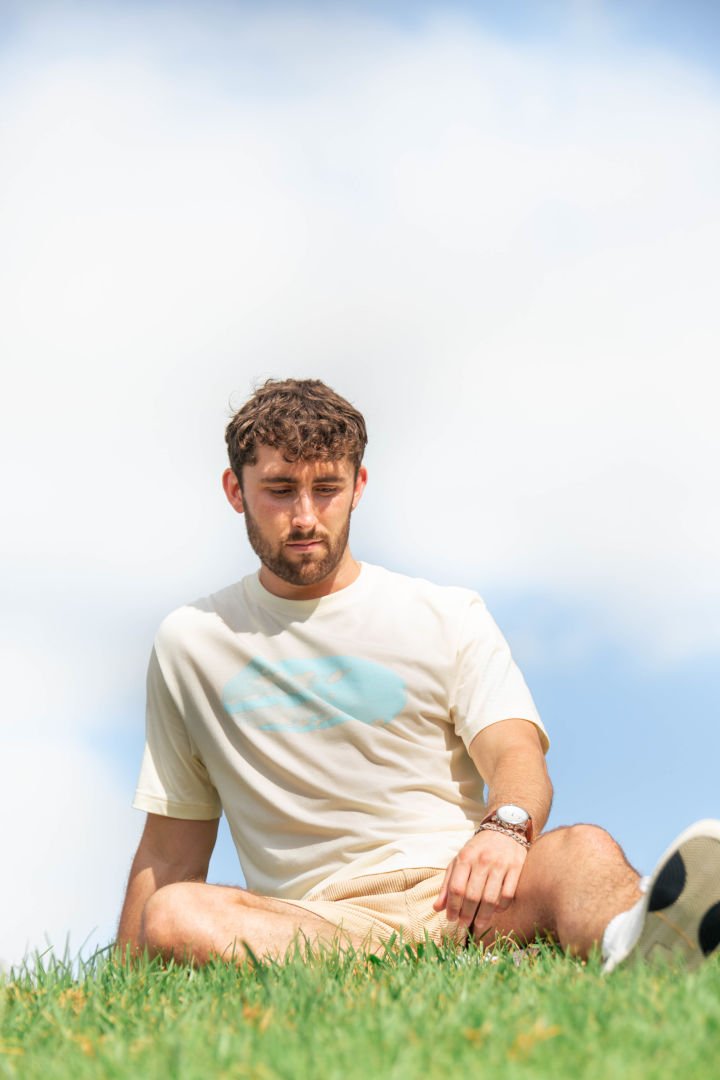
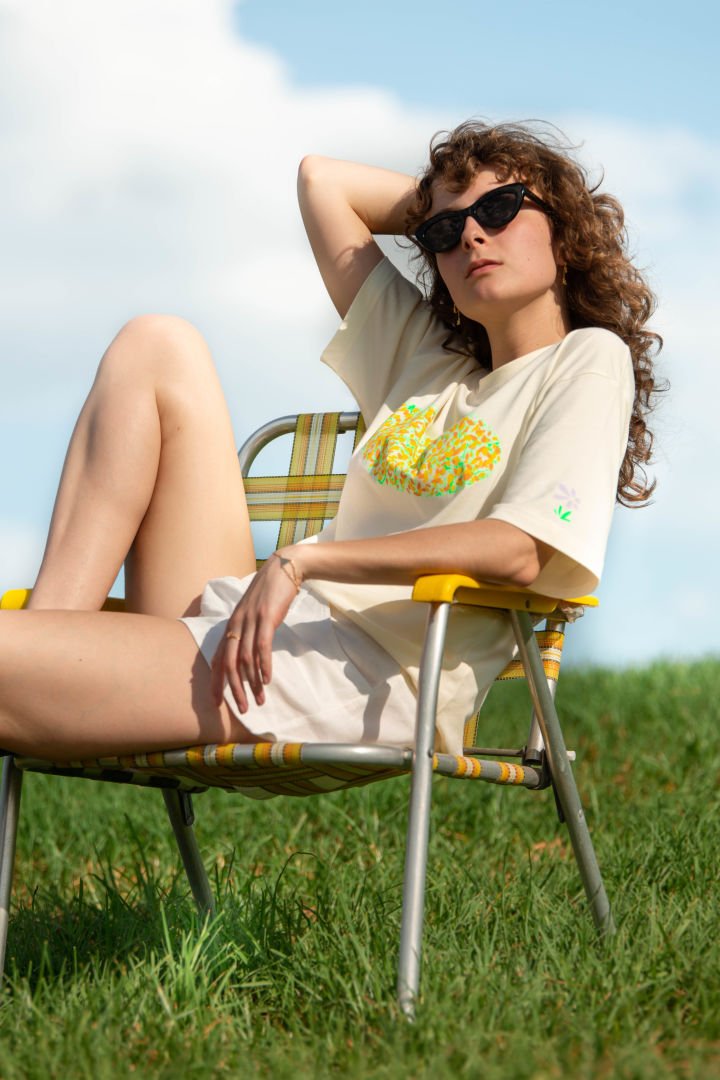
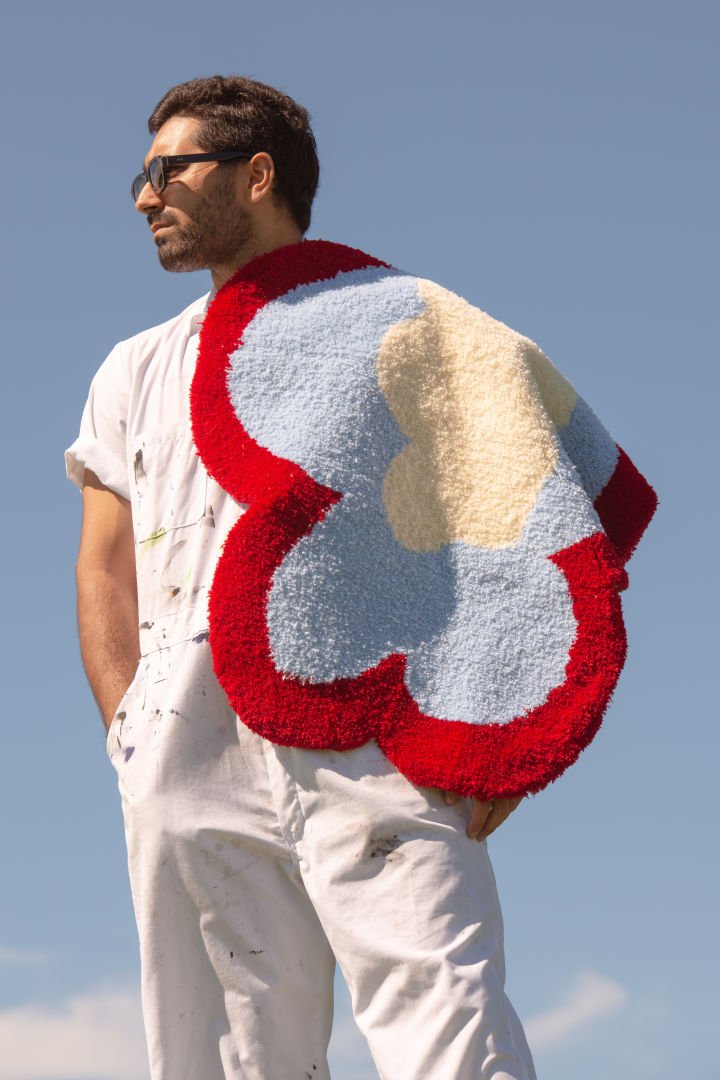
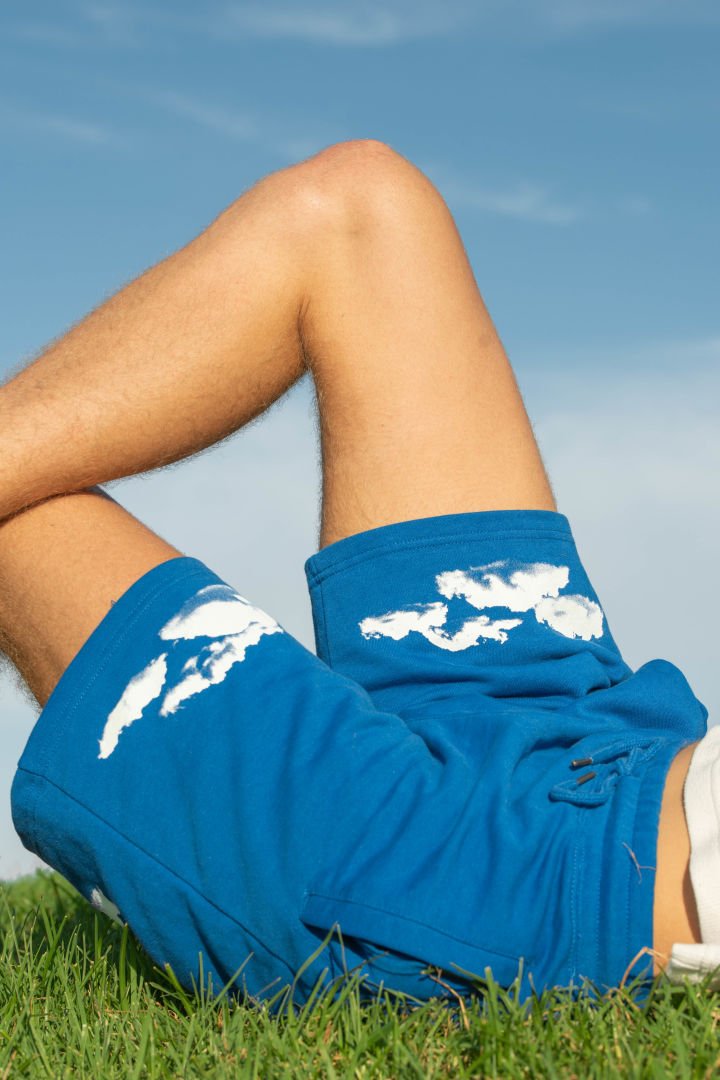
 -
-